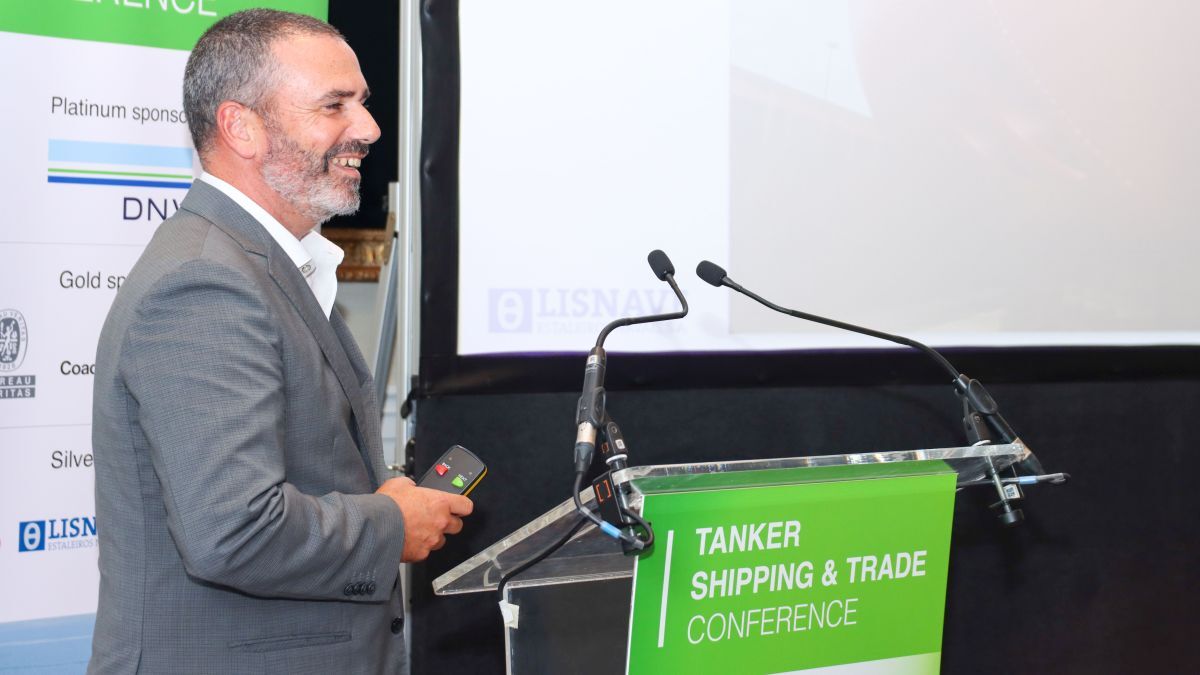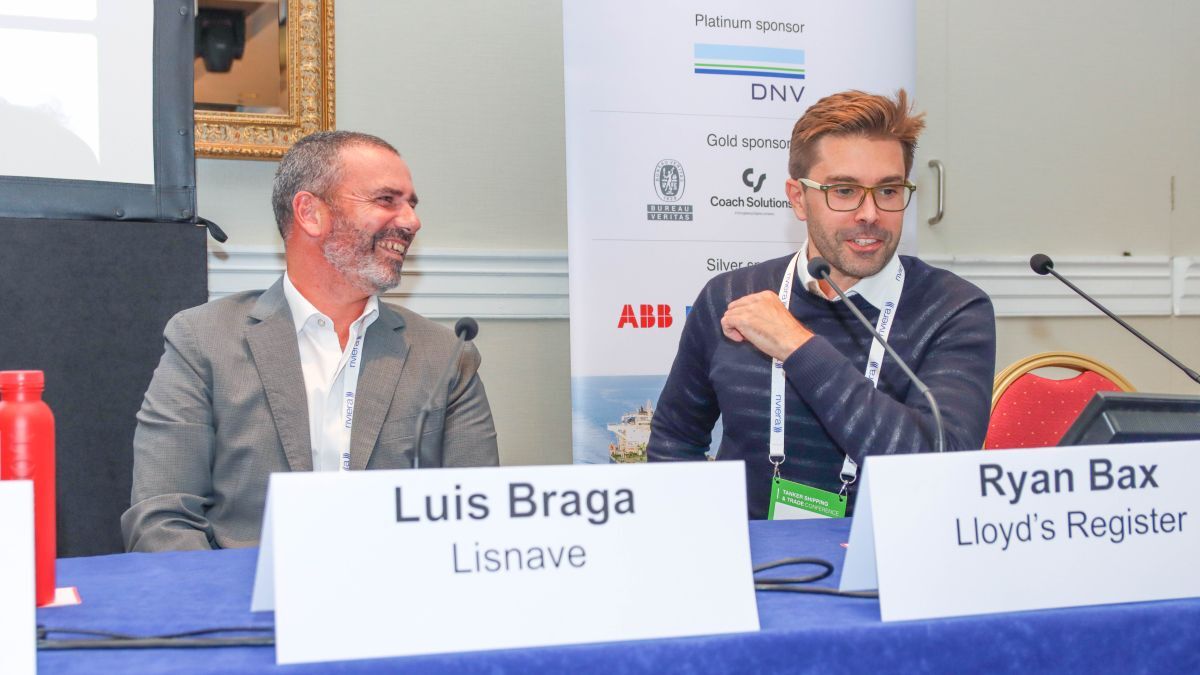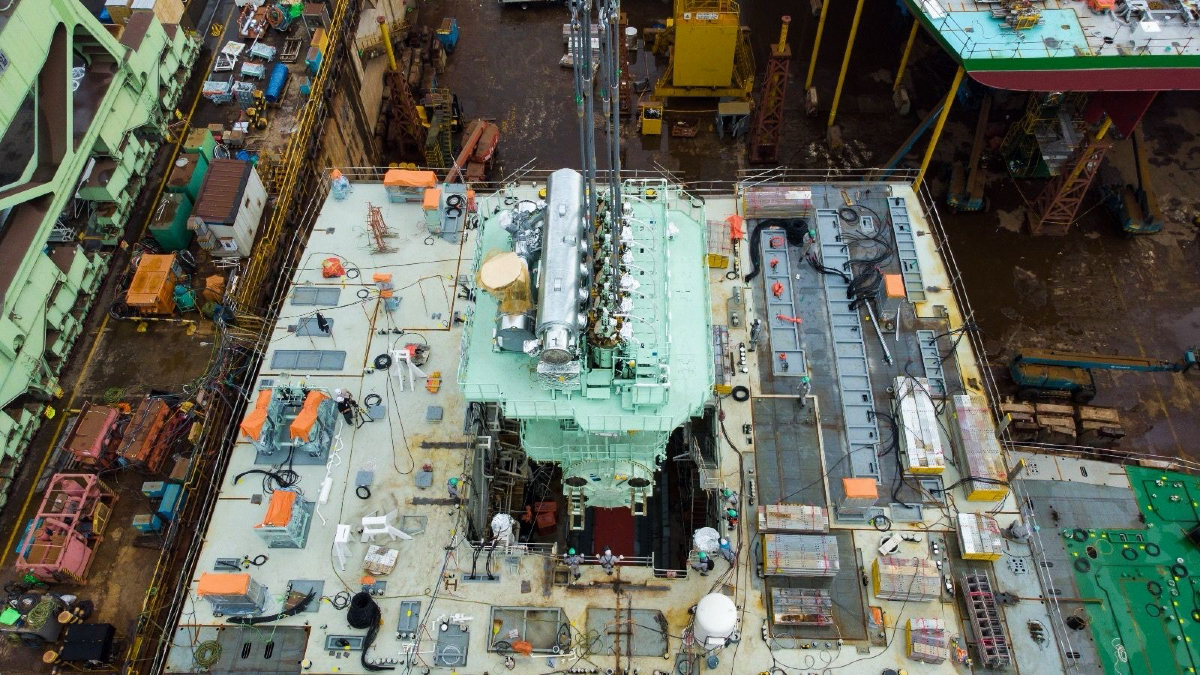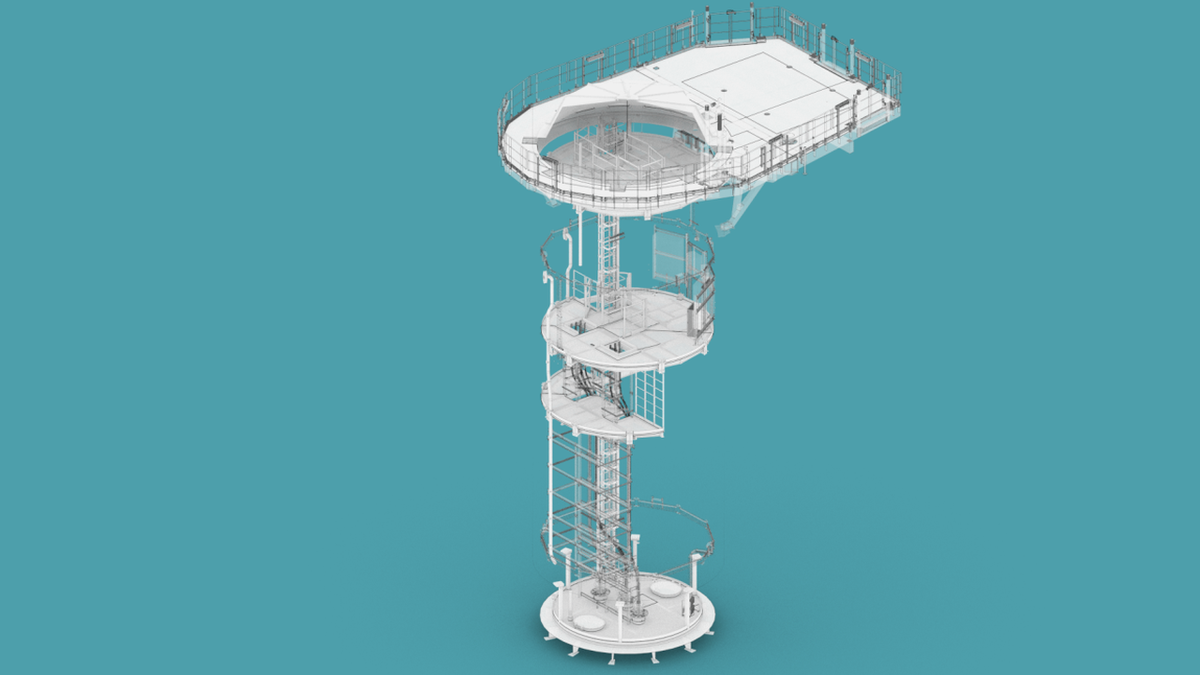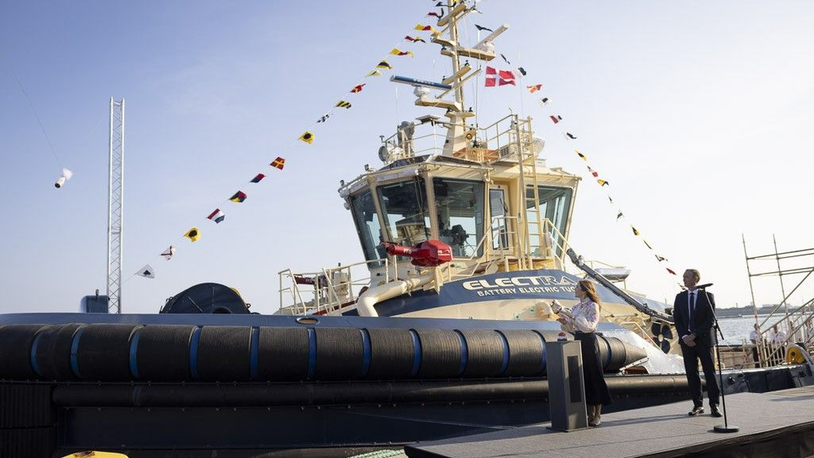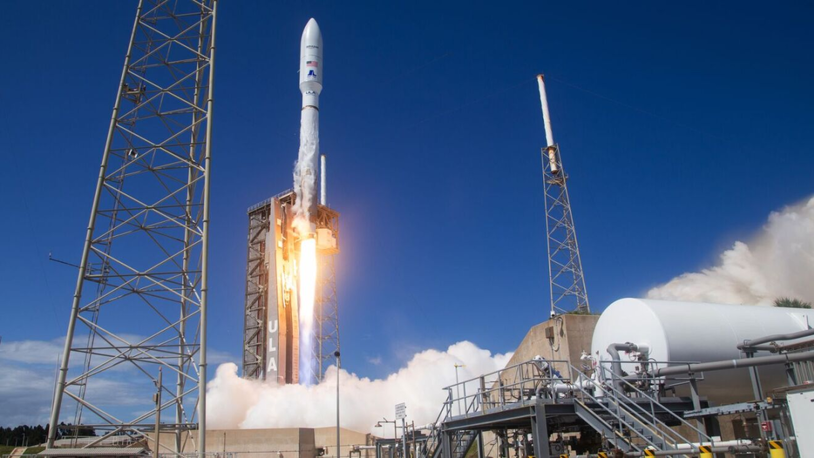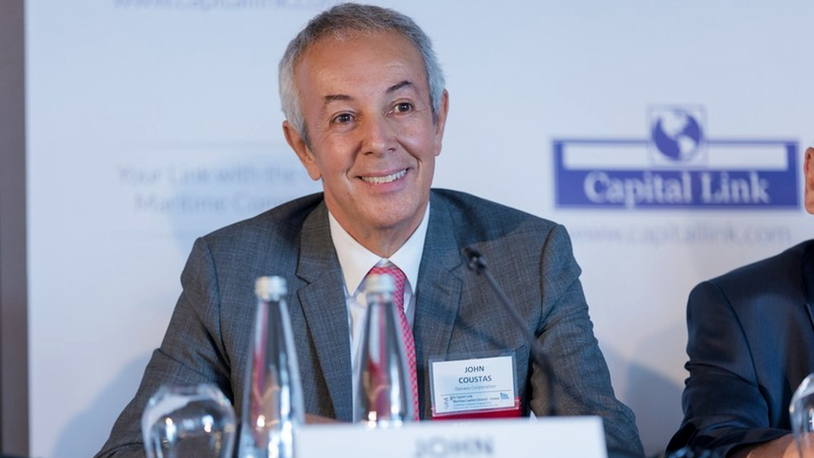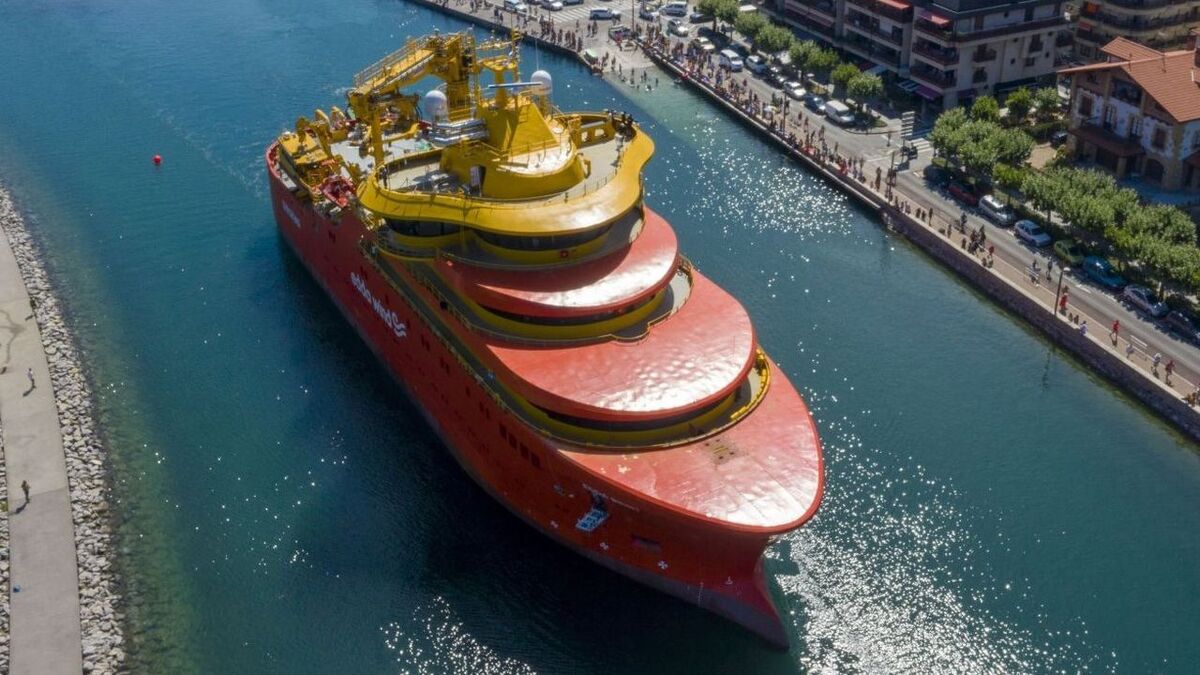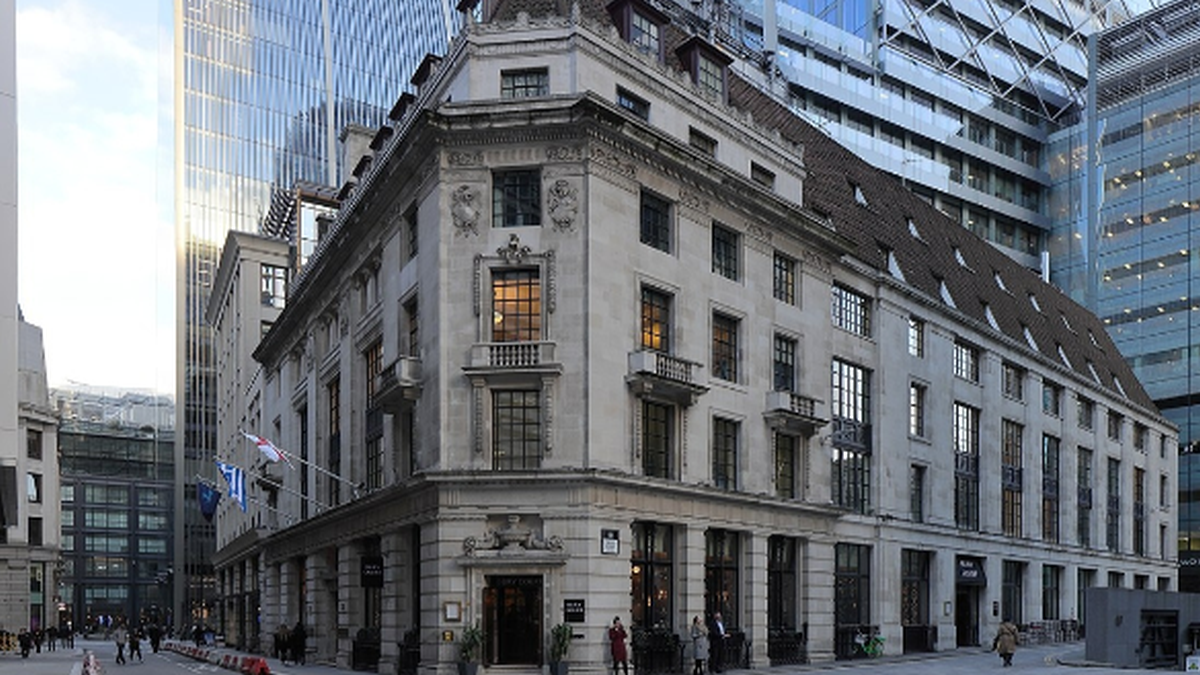Business Sectors
Events
Floating energy: successfully unlocking stranded gas using FLNGs and FSRUs
Contents
Register to read more articles.
Exploring strategies for future-proofing tankers
Lisnave commercial director, Luis Braga, and Lloyd’s Register lead consultant for business advisory, Ryan Bax offer insights into tanker management best practices
Lisnave commercial director Luis Braga, and Lloyd’s Register lead consultant for business advisory Ryan Bax are focused on strategic vessel management and the complexities of planning retrofit projects amid evolving regulatory demands and an ageing tanker fleet.
“Owners are increasingly committed to keeping their vessels operationally active and compliant,” remarked Mr Braga, reflecting on Lisnave’s shift toward serving older vessels. He highlighted with fleet renewal rates slowing, more shipowners are choosing to extend vessel lifespans through comprehensive retrofits, including ballast water management systems, alternative fuel adaptations and advanced hull coatings.
Their insights were presented at Riviera’s Tanker Shipping & Trade Conference 2024, where the session stressed the need for long-term planning and collaboration.
Audience questions directed at Mr Braga focused on the cumulative effects of multiple retrofits, such as BWMS and propeller ducts, on vessel performance.
He acknowledged quantifying the impact of each modification is challenging once vessels are back in service.
“Each retrofit brings its own gains, but assessing their individual contributions is complex,” he explained, highlighting the importance of baseline performance data.
Mr Bax addressed the growing interest in methanol as a decarbonisation fuel, while also noting the challenges of early adoption.
“Methanol isn’t universally available, but companies that secure early contracts find it aligns well with their decarbonisation strategies,” he said.
Mr Bax highlighted the importance of rigorous techno-economic analyses for assessing each vessel’s compatibility with energy-saving devices, hull coatings and fuel modifications, pointing out results can vary widely based on vessel-specific factors.
The session underscored that effective vessel management today requires not only technical expertise but also strategic foresight.
Both Mr Braga and Mr Bax agreed long-term planning, precise assessments and co-ordinated efforts between shipowners, technology providers and yards are essential to achieving successful and cost-effective retrofits.
Mr Bax focused on alternative fuels, with a specific interest in methanol as a potential solution for meeting decarbonisation targets. He explained some shipping companies see methanol as a viable option for achieving compliance with future regulations, but early adoption involves challenges related to fuel supply and technology maturity.
In response to an audience question on managing the commercial risk of adopting new fuels such as methanol, Mr Bax acknowledged the complexity of balancing potential long-term cost benefits with the uncertainty of fuel availability.
“Methanol isn’t universally available, but companies that secure early contracts are finding it aligns well with their decarbonisation goals,” he noted, indicating that early adopters could benefit from lower future compliance costs if supply issues stabilise.
In addition to ballast water and fuel strategies, Mr Braga highlighted advancements in hull coatings as another area of focus.
Sign up for Riviera’s series of technical and operational webinars and conferences:
- Register to attend by visiting our events page.
- Watch recordings from all of our webinars in the webinar library.
Related to this Story
Events
Maritime Regulations Webinar Week
Floating energy: successfully unlocking stranded gas using FLNGs and FSRUs
© 2024 Riviera Maritime Media Ltd.


